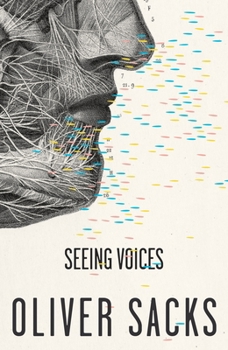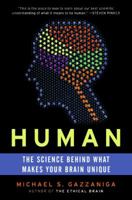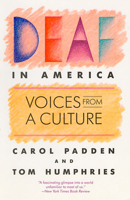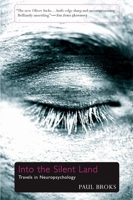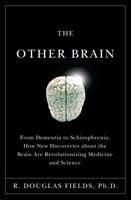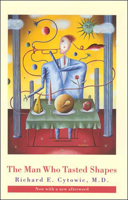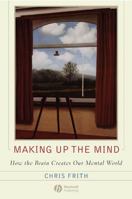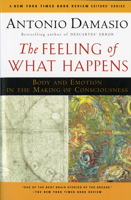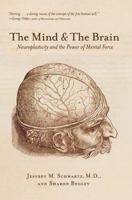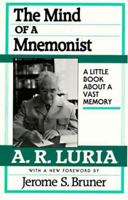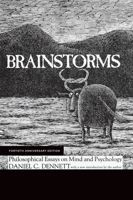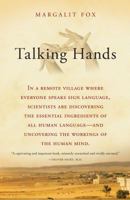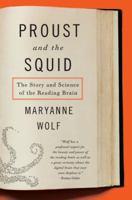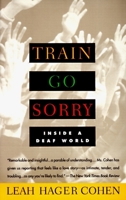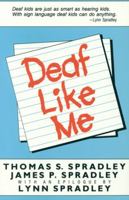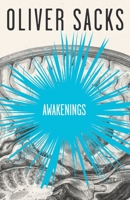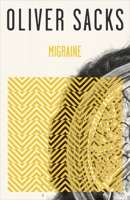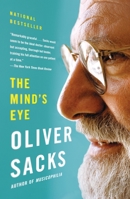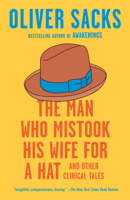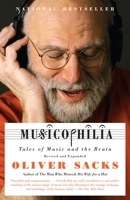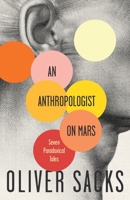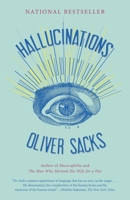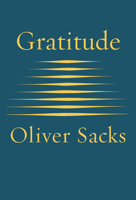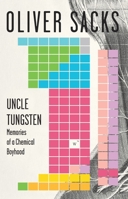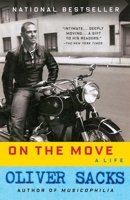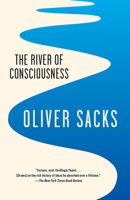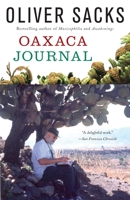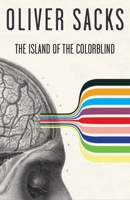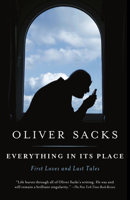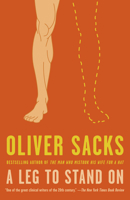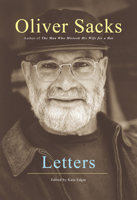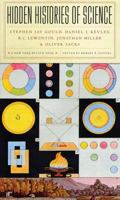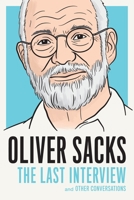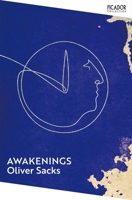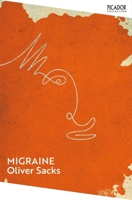Seeing Voices: A Journey Into the World of the Deaf
Select Format
Select Condition 
You Might Also Enjoy
Book Overview
Like The Man Who Mistook His Wife for a Hat, this is a fascinating voyage into a strange and wonderful land, a provocative meditation on communication, biology, adaptation, and culture. In Seeing Voices, Oliver Sacks turns his attention to the subject of deafness, and the result is a deeply felt portrait of a minority struggling for recognition and respect--a minority with its own rich, sometimes astonishing, culture and unique visual language, an extraordinary mode of communication that tells us much about the basis of language in hearing people as well. Seeing Voices is, as Studs Terkel has written, "an exquisite, as well as revelatory, work."
Customer Reviews
Rated 5 stars"...the deaf have something to teach us."
In this extraordinary study, Dr. Sacks gives the general reader a penetrating insight into the world of the deaf. In his acclaimed "The Man Who Mistook his Wife for a Hat", as a practicing neurologist, he brought his readers into the bizarre world of terrible brain related illnesses, presenting twenty-four cases of individuals afflicted with such diseases as agnosia or prosopagnosia, where "normal" reality is turned inside...
1Report
Rated 5 starsFascinating overview of Deaf Culture
Oliver Sacks, the author of Awakenings, presents an overview of deafness and deaf culture. The book is written in three parts. Part 1 covers a history of deafness with the first deaf schools in France. The history examines the controversy between the oral method and sign language.Part 2 extensively looks at sign as a distinct language with its own syntax and grammar.Part 3 is an excellent synopsis of the 1988 uprising at...
0Report
Rated 5 starsThe Importance of Language
Seeing Voices gives a clear answer to the question, "Which comes first? Language or thought." The answer, "Language." As Sacks retells stories of the profoundly deaf deprived of "language" into early adulthood, the pattern emerges: Without language there is no abstraction, no ability to achieve love or communication, and all life becomes an inarticulate groaning to have basic needs met immediately. There is no sense of...
1Report
Rated 5 starsThinking in Sign
I concur with my colleague Kex86, this is an excellent mediation on what it means to think. Sacks acknowledges the substantial Deaf (with a capital 'D') political movement that feels deafness is not a disability, but a completely different way to experience the world. The unsurpassed richness of Sign -- and the thought patterns supported by it -- will cause many a "deafness-impaired" hearing person to give consideration...
1Report
Rated 5 starsSacks is great, but this bookshould only have been a chapter
I love Oliver Sacks's writing because of his excitement, even his passion that he brings to his subjects. In every book of his that I have read, he has infected me with his sense of amazement at the puzzles of the human brain. Even after studying neurology I learned a lot about deafness and language from this book. However, I found the writing to be redundant and the editing to be poor. When he started to repeat the same...
0Report











